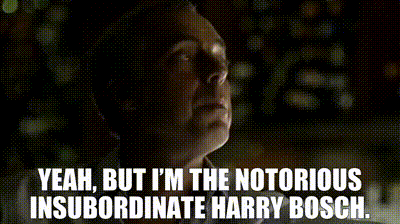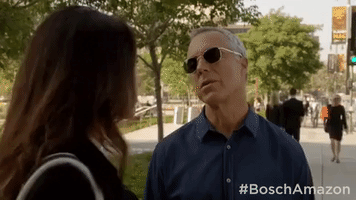What do you think?
Rate this book


385 pages, Mass Market Paperback
First published January 1, 2003


 (#1) My review of The Black Echo
(#1) My review of The Black Echo (#2) My review of The Black Ice
(#2) My review of The Black Ice (#3) My review of The Concrete Blonde
(#3) My review of The Concrete Blonde (#4) My review of The Last Coyote
(#4) My review of The Last Coyote (#5) My review of Trunk Music
(#5) My review of Trunk Music (#6) My review of Angels Flight
(#6) My review of Angels Flight (#7) My review of A Darkness More Than Night
(#7) My review of A Darkness More Than Night (#8) City of Bones My review of City of Bones
(#8) City of Bones My review of City of Bones